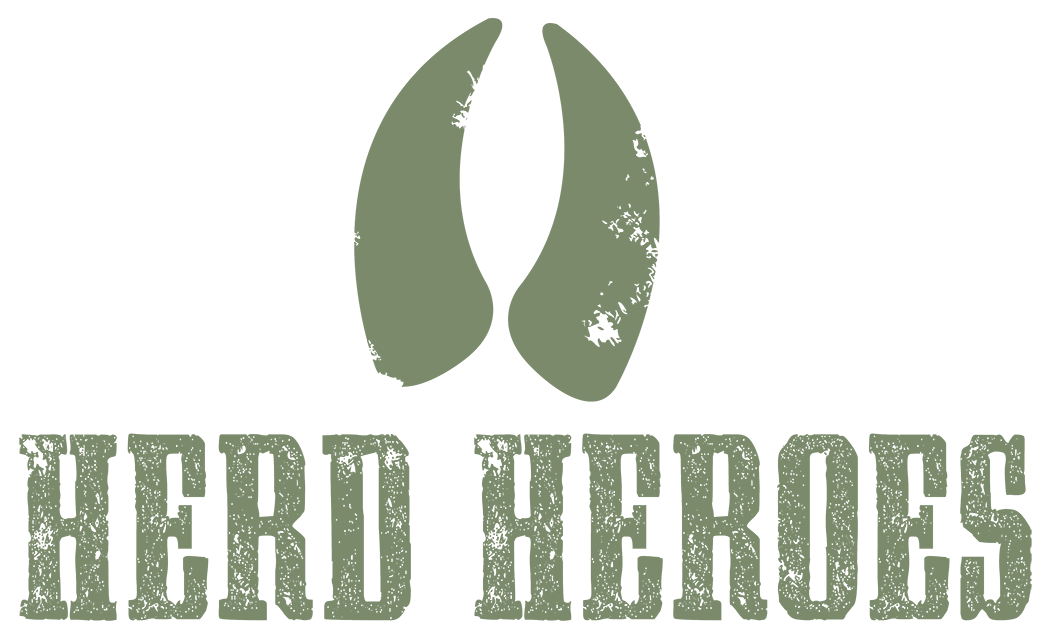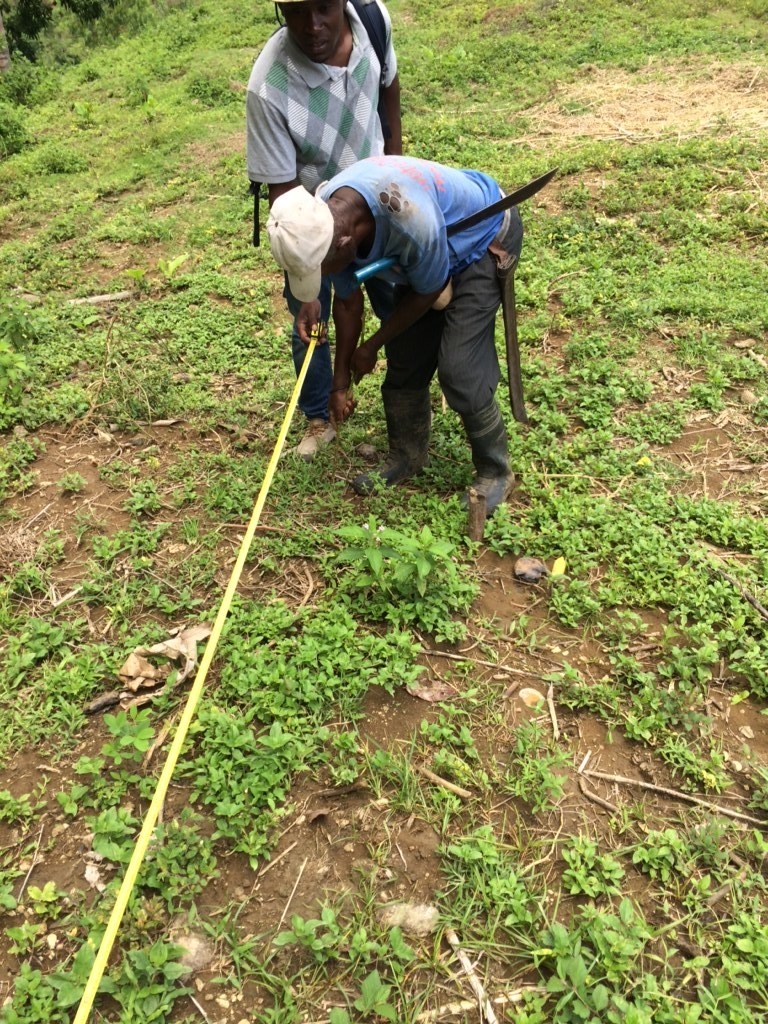A local animal health field station serves to protect valuable community resources and provide natural disaster resilience
Location of the future animal health field station in L'Azile, Haiti
Creation of animal health field stations
Smallholder farming accounts for most of the livestock in Haiti, and this typically involves tethering animals close to the owners' home to allow them to graze. While the tether system may provide adequate nutrition to maintain an animal which has reached its market weight, this system is not suitable for intensive breeding management, maintenance of valuable breeding bucks shared among widely-dispersed families, or protection of animals during natural disasters.
We have designed a modest structure built from materials which are readily available in Haiti and with the local climate and terrain in mind, which can serve as a local base of operations in any rural community in Haiti. The simple design can be easily replicated. The well-ventilated structure contains a rainwater harvesting system to reduce the need for water transport for the animals housed there. There are separate enclosures for breeding does, bucks, and newborn kids, as well as a dry storage area for feed and supplies. It is built on a cement slab, with goat-safe welded rebar fencing.
The animal health field station serves 3 main functions:
- Optimal reproductive efficiency of breeding animals & minimal loss of newborn kids
- Protection of community resources, such as breeding bucks and emergency veterinary supplies
- Provides temporary shelter for community-owned animals during a natural disaster
Another potential benefit is the collection of manure from animals housed in the barn for spreading on crops.
During Hurricane Matthew in October, 2016, some hard-hit regions of Haiti experienced livestock losses of up to 80%. The implications of these losses on food security and financial well-being are obvious. Haiti is not only located in a hurricane-prone region, but decades of deforestation have left the landscape vulnerable to severe consequences of hurricanes. Providing temporary shelter to livestock to protect them from washing away in floodwaters can help improve the community's ability to recover from natural disasters.
We welcome your comments, questions, or any other feedback.
christine.adreani@herdheroes.org



